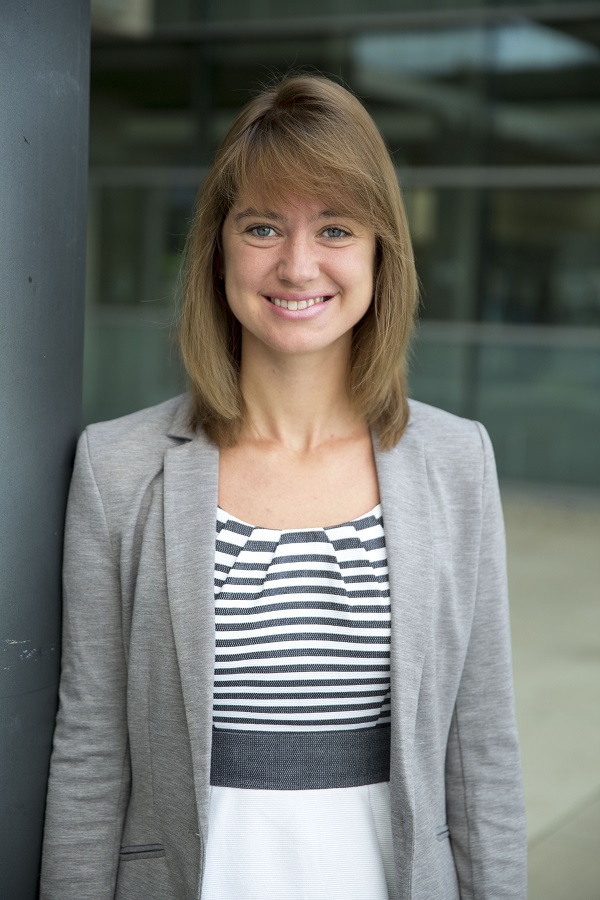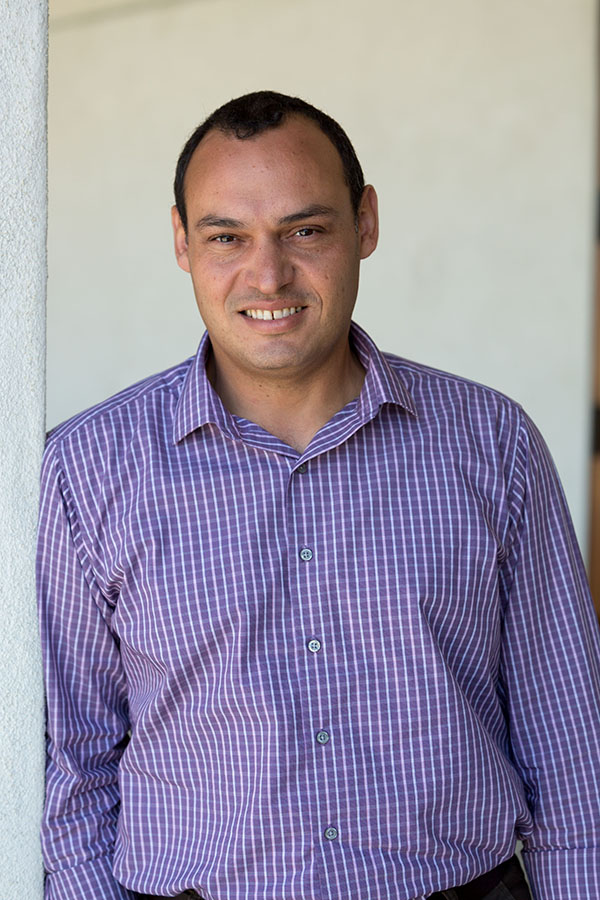
Oct. 28, 2020 — With research companies racing to develop an effective vaccine to fight COVID-19 and firefighters combating fires across California, mathematics has never been more important to our everyday lives.
Mathematical models can help predict weather patterns, fire danger, droughts, and mudslides. Math is also used to calculate what dosage of vaccine or treatment will be most effective for each individual.
“I think mathematics is everywhere in our lives,” said CSU Channel Islands (CSUCI) Assistant Professor of Mathematics Alona Kryshchenko, Ph.D. “The most educated decisions we can make is based on data, mathematics and statistics.”
Both kinds of mathematical models are at the root of a pair of grants awarded to Kryshchenko. The first grant is for $5,250 from Occidental College for a project entitled “Center for Undergraduate Research in Mathematics (CURM).”
The grant calls for two universities to collaborate, so Kryshchenko is working with California Lutheran University (CLU) Assistant Professor of Mathematics Delil Martinez, Ph.D., who also received just over $5,000.
Kryshchenko and Martinez will each select three mathematics undergraduates from their respective universities to conduct research through the Center for Undergraduate Research in Mathematics at Occidental College in Pasadena. The pandemic is preventing students and faculty from traveling to the center in Pasadena, but they are collaborating via Zoom.
“We basically are all going to be working on one project in particular,” Kryshchenko said. “We’re working on trying to predict some patterns in rainfall so we can predict droughts or floods in Ventura County. That way we can prepare for things like fires or mudslides.”
Math is also used to calculate the amount of medicine we receive to treat illness, which is at the foundation of a different grant for $20,460 from Children’s Hospital Los Angeles for a project entitled “PBPK (Physiologically-based Pharmacokinetics) and Population Modeling Seamlessly Linked to Clinical Trial Simulation in an Open-Source Software Platform.”
That describes a project Kryshchenko is conducting through Children’s Hospital Los Angeles, where she did her post-doctorate study.
“My Ph.D. thesis was on algorithms that allow a more precise dose for prescription drugs,” Kryshchenko said. “This is basically a continuation of that work.”
The grant actually originates with the Food and Drug Administration, which is funding teams at Children’s Hospital, the University of Waterloo in Ontario, Canada and Bayer, a multinational pharmaceutical and life sciences company in Germany.
The mathematical models will consider parameters specific to each subject’s physiology, blood volume, concentrations of the drug over time and other factors unique to each individual.
Another example of CSUCI’s faculty and students benefiting area scientific endeavors involves a grant awarded to Associate Professor of Chemistry Ahmed Awad, Ph.D. The $66,256 grant from the Parker Hannifin Corporation pairs chemistry and motion control technology and provides hands-on experience for Chemistry undergraduates.
The project, called "Redox-active Materials Synthesis and pH Measurements," describes a process in which materials are synthesized to engineer advanced laboratory instrumentation.

“This project started about a year ago with an original fund of $37,829 from Parker Hannifin to synthesize polymeric materials required to engineer advanced laboratory instrumentations.” Awad said. “The fund was also used to support two senior Chemistry students to work as paid interns for Parker Hannifin.”
This year’s grant for $66,256 enables Awad to expand the program and allows more students to participate. In fact, more than five students are now involved in the program and Parker Hannifin has already hired one from the graduated students who first worked on the project.
“With the expanded program, the project will include more interesting milestones and activities that involve cutting-edge technologies in chemistry and in chemical biology.” Awad said
This program is especially important with CSUCI classes and many laboratories being taught virtually because of the COVID-19 pandemic.
“I think internships are great opportunities for students to gain key skills and to meet the expectations that employers are looking for in college graduates, in particular during this lingering threat pandemic situation where students may lack some hands-on laboratory experiences because of being away from the laboratory.” Awad said.
